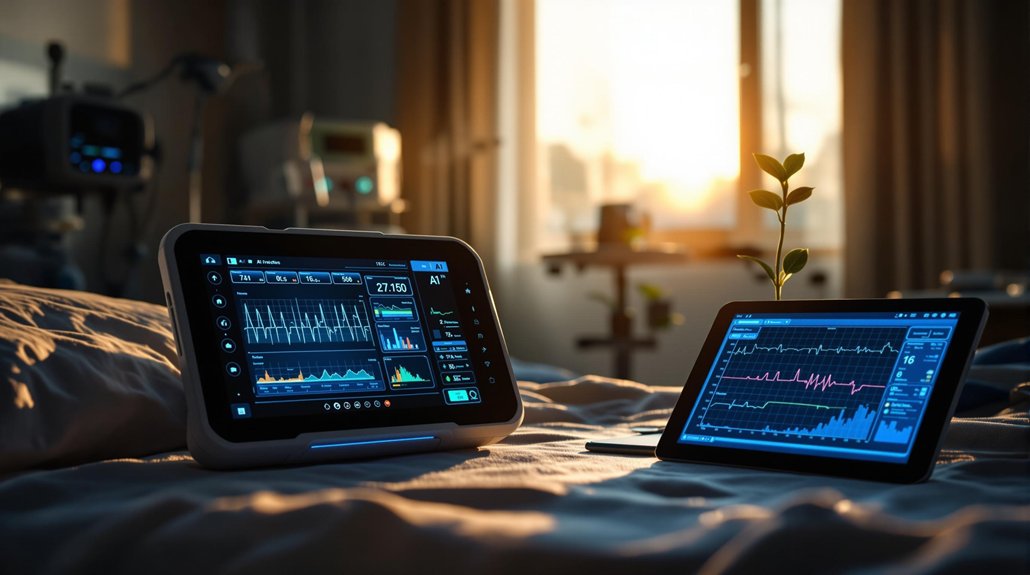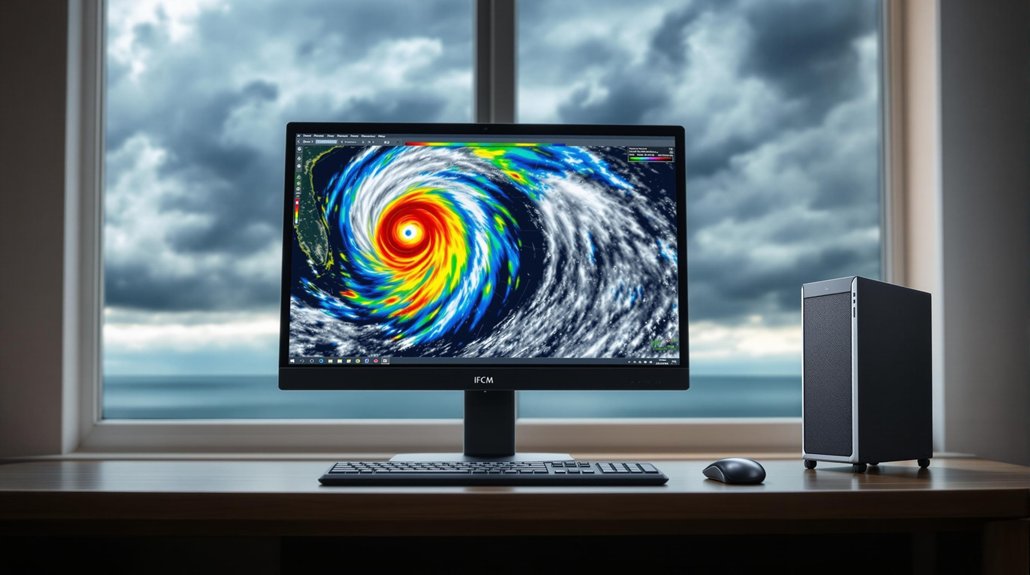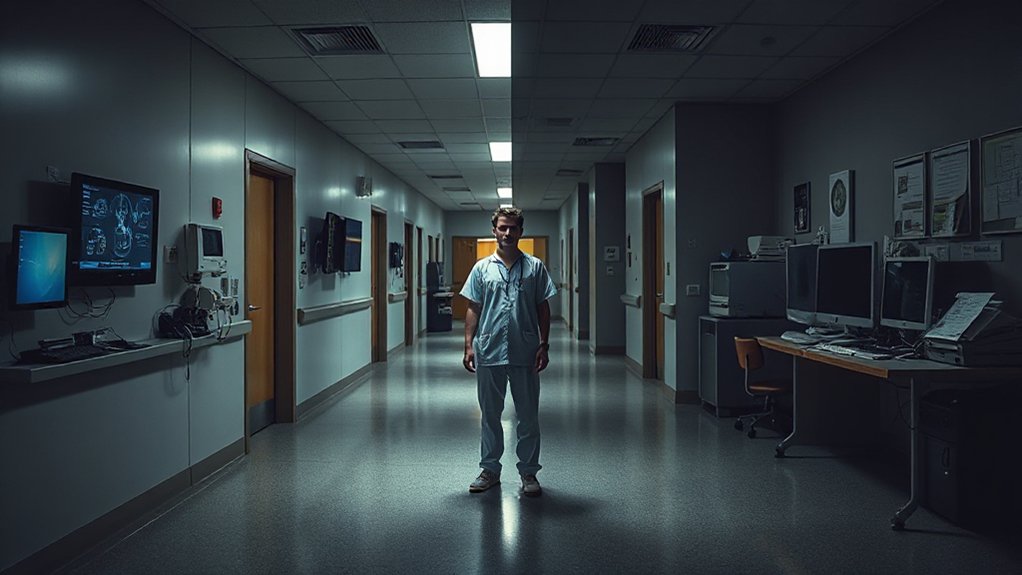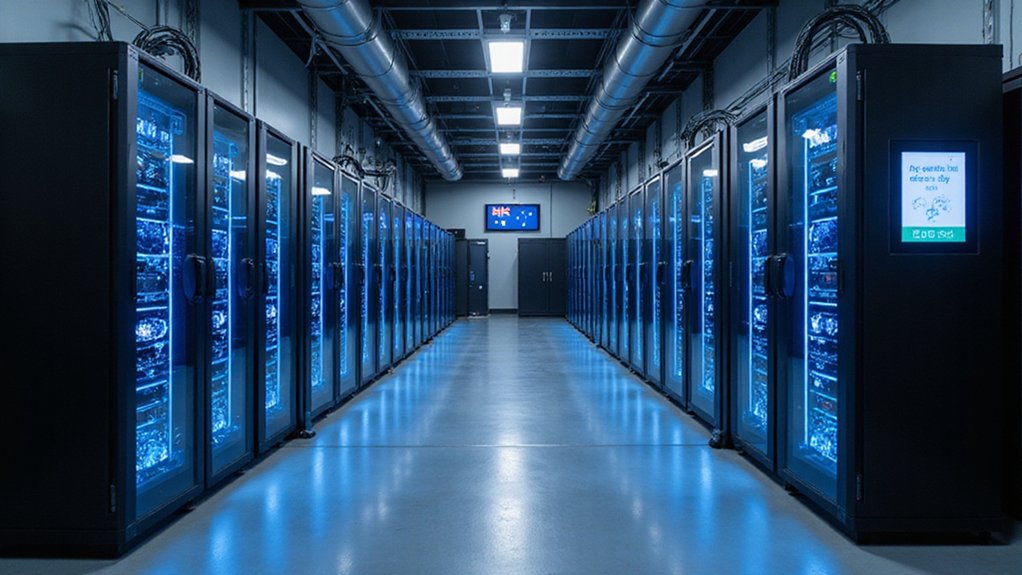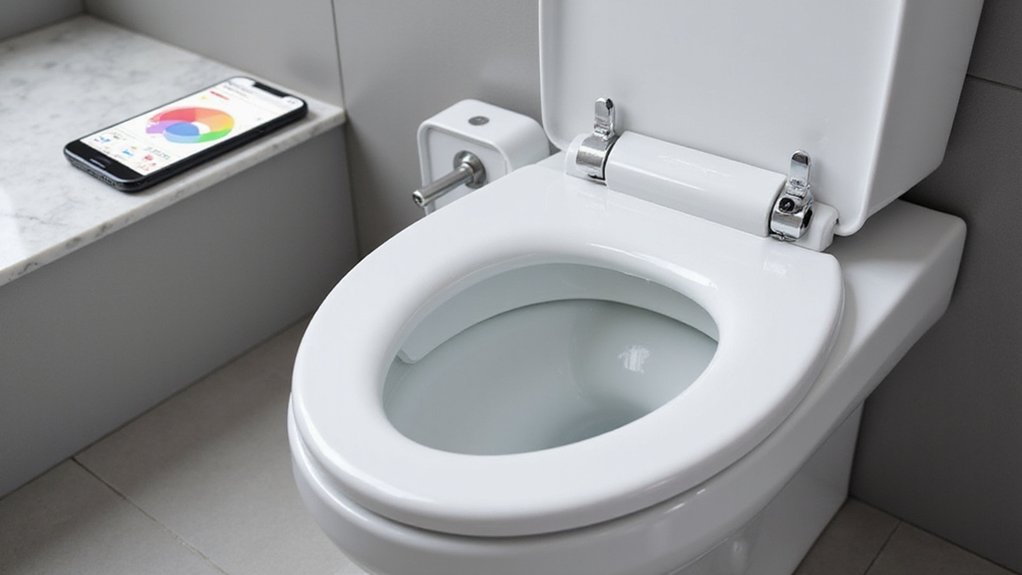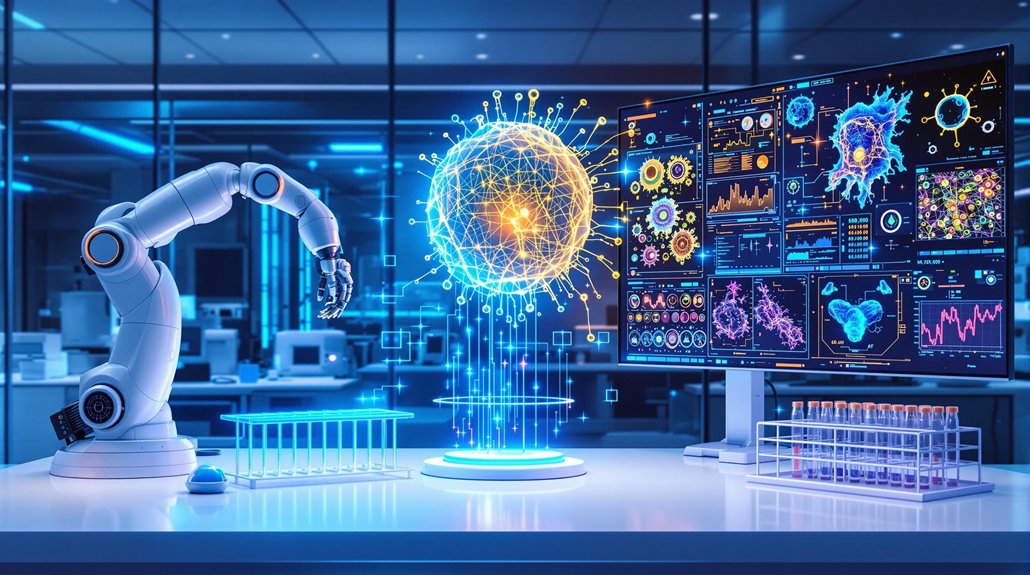James Wilson’s doctors gave him a clean bill of health, missing subtle heart problems. An AI system analyzing his ECG detected patterns invisible to medical professionals, predicting a major cardiac event. This early warning allowed Wilson to begin preventive treatment before the crisis struck. The AI achieved an 85% success rate, markedly outperforming traditional medical assessments. This case highlights how artificial intelligence can spot diseases even when traditional medicine falls short.
Death, once the ultimate boundary, is being challenged by artificial intelligence in unprecedented ways. A new AI algorithm is now predicting patient mortality with greater accuracy than human doctors. The system analyzes ECG results to sort patients into risk groups, correctly identifying danger signs even in readings that appear normal to medical professionals. This AI scores an impressive 85% success rate compared to the 65-80% achieved by traditional medical methods. The algorithm works by examining ECG data more closely than humans can, detecting nuanced patterns invisible to the trained eye.
AI’s new mortality prediction algorithm outperforms human doctors, detecting danger signs invisible to medical professionals with unprecedented accuracy.
When James Wilson received a clean bill of health from his doctors, an experimental AI system told a different story. The algorithm detected subtle patterns in his ECG that humans had missed. Six months later, those predictions proved accurate when Wilson suffered a major cardiac event. Thanks to the early warning, he’d already begun preventive treatment. This case exemplifies how predictive analytics in healthcare can detect diseases earlier than traditional diagnostic methods.
Technology’s relationship with death extends beyond prediction. Microsoft has patented software that can reincarnate people as chatbots after they die. This digital resurrection technology has already entered popular culture, with AI being used to deepfake Anthony Bourdain’s voice in a documentary and Kanye West gifting Kim Kardashian a hologram of her late father. Current AI systems face challenges because they typically memorize routines rather than understanding true semantics.
Many experts raise ethical concerns about these developments. Should AI make life-and-death decisions? During the COVID-19 pandemic, algorithms assisted with medical triage, but critics argue AI should be limited to medical decisions, not moral ones. The debate intensifies around mental capacity assessments for end-of-life decisions.
Legal questions are emerging too. Traditional limits on the rights of the deceased are being challenged. Some states now recognize post-mortem rights to name and likeness, but unauthorized digital reanimation remains largely unregulated.
For ordinary people, the psychological impact of these technologies can be complex. AI chatbots designed to mimic deceased loved ones may help some manage grief, but experts question how this affects the acceptance of death. As the line between living and dead blurs in digital spaces, society faces profound questions about mortality in the age of artificial intelligence.
